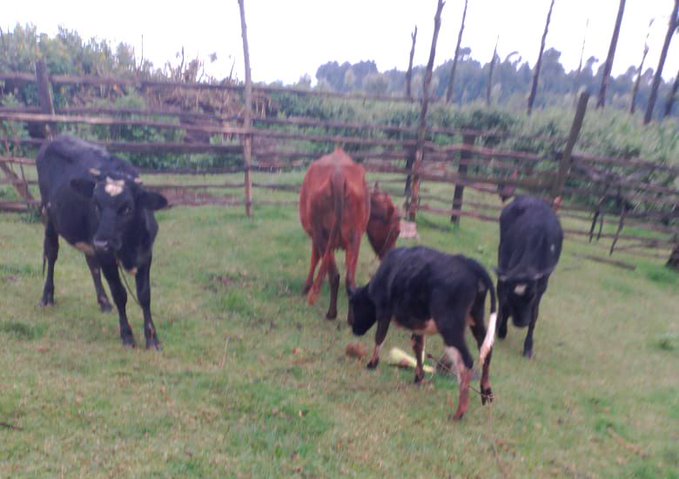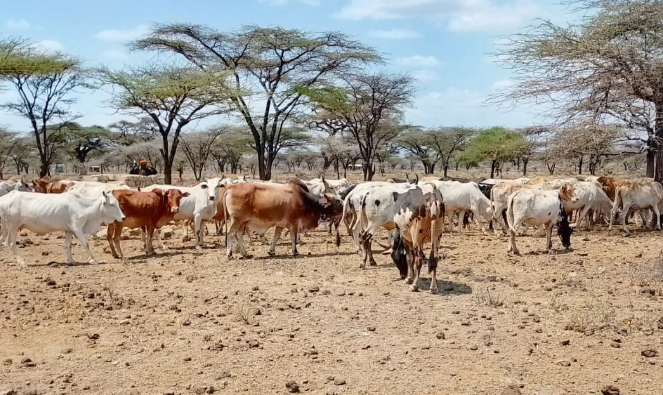Police officers in Igembe Central Sub-County, Meru County, have recovered 145 head of cattle that were reported stolen on Sunday, July 20, 2025. The livestock was traced and retrieved in a coordinated security operation mounted shortly after the theft was reported. After verification, the animals were handed back to the rightful owner. Security teams remain deployed in the area to pursue suspects linked to the raid and to establish whether additional livestock was moved during the incident. The operation highlights continuing efforts to curb livestock theft, a crime that undermines rural livelihoods and fuels insecurity.
The recovery comes as the national government escalates a wider campaign against cattle rustling across the North Rift and adjoining trade corridors. On July 19, 2025, following a security briefing in Maralal, Interior Cabinet Secretary Kipchumba Murkomen signalled a strategic shift that targets not only raiding parties but also downstream buyers who provide a ready market for stolen animals. Livestock markets in corridors such as the Kerio Valley have been identified as critical transit points through which stolen stock can be funnelled to major consumption and processing centres, including Nairobi and destinations beyond Kenya’s borders.

Murkomen directed intelligence and security agencies to identify, arrest, and prosecute individuals and networks financing or purchasing cattle of questionable origin. He warned that no one found culpable whether rustlers, brokers, transporters, or commercial buyers would be spared. The Cabinet Secretary stressed that lasting security will depend on disrupting the entire value chain that converts stolen animals into legitimate‑seeming trade, removing the economic incentive that drives repeated attacks.
Communities in the North Rift and neighbouring counties have long borne the social, economic, and humanitarian costs of recurrent livestock raids: loss of herds, retaliatory violence, displacement, and depressed investment. Incidents such as the Meru recovery illustrate the impact of rapid reporting, inter‑agency coordination, and closer oversight of livestock movements. Authorities are urging herders, traders, and community leaders to share intelligence quickly, verify animal ownership records before sale, and collaborate with local security committees to strengthen early warning systems.
Investigations into the Meru theft are ongoing, and further arrests are expected as leads are developed. Targeting the market side of the trade is essential because rustling thrives where stolen stock can be converted to cash with little scrutiny. Cutting that pipeline would significantly reduce incentives and help stabilise affected communities. Officials say protecting life, property, and the rural economy remains a top priority. Nationally.

